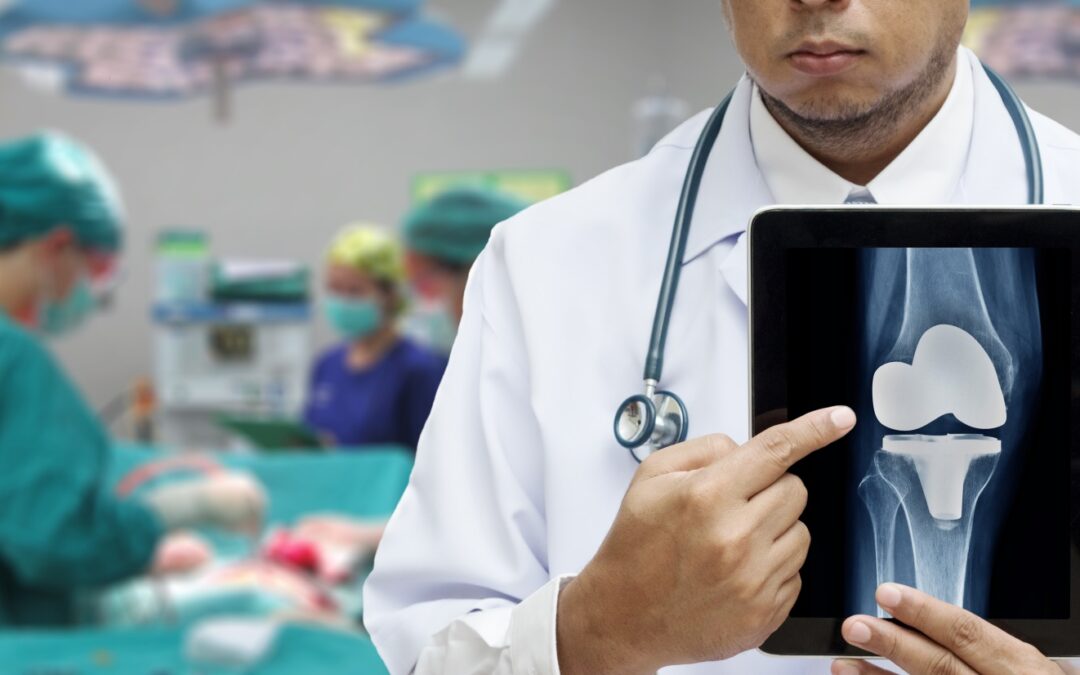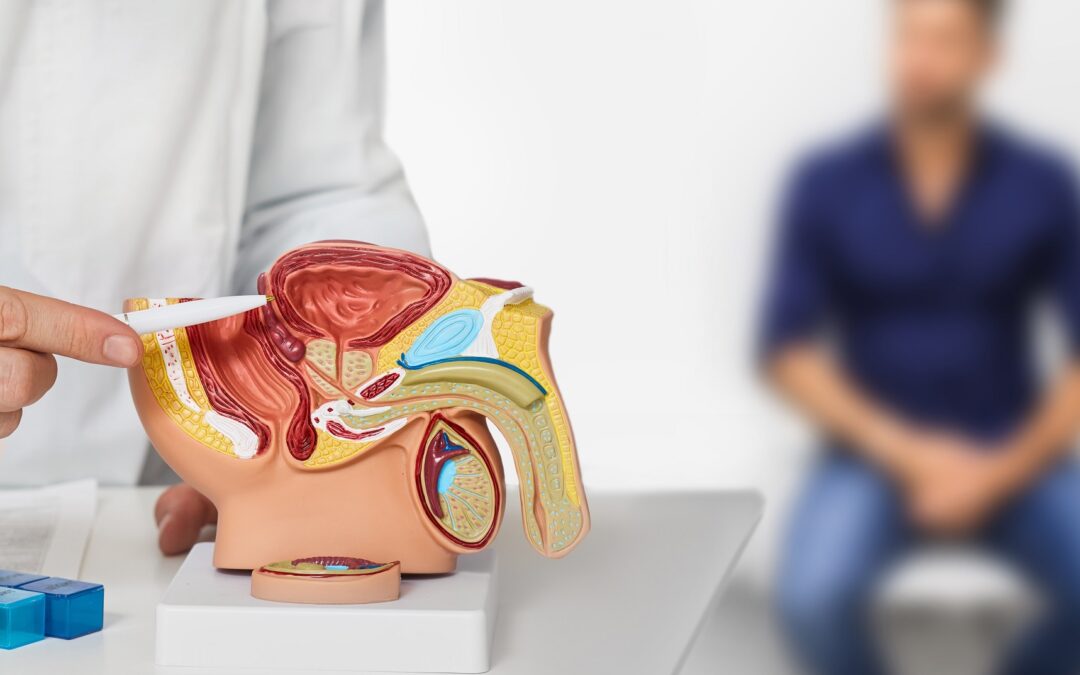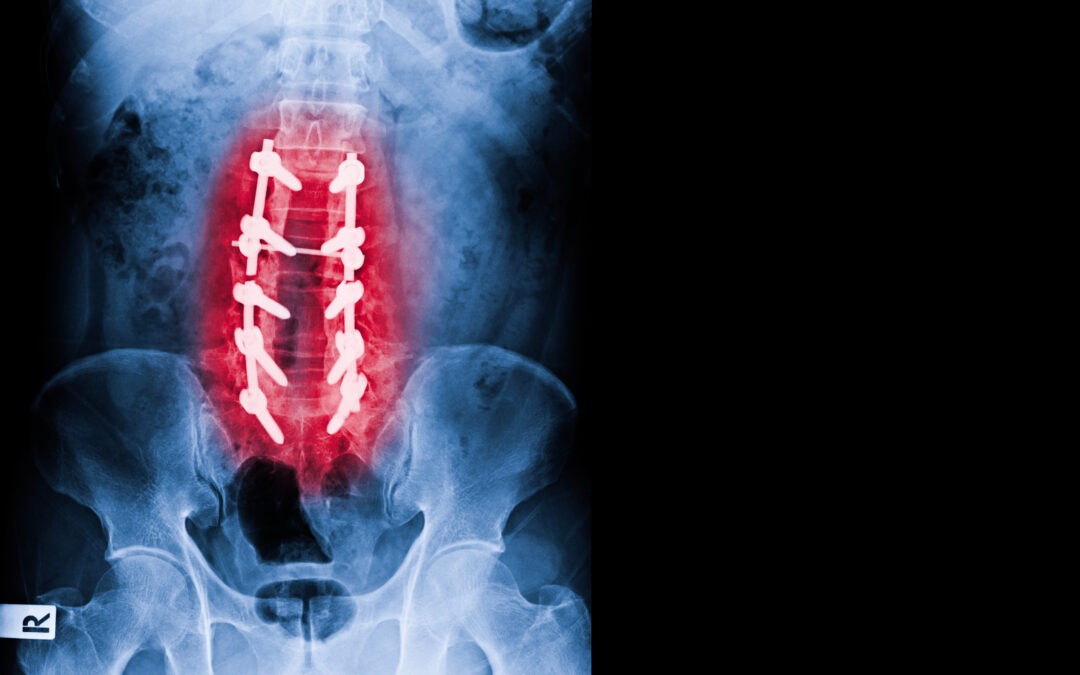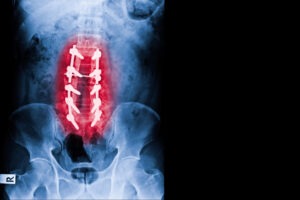
Reclaiming Mobility: A Comprehensive Overview of Knee Joint Replacement Surgery
Reclaiming Mobility: A Comprehensive Overview of Knee Joint Replacement Surgery at Axon Specialty Hospital

Introduction
Knee joint pain can be debilitating, impacting our ability to perform even the simplest daily tasks. When conservative treatments fail to provide relief, Knee Joint Replacement Surgery becomes a viable option.
In this article, we’ll provide a comprehensive overview of knee joint replacement, covering what it is, when it’s necessary, and the types of knee replacements available to help individuals regain their mobility and quality of life.
What is Knee Joint Replacement Surgery?
Knee Joint Replacement Surgery, also known as knee arthroplasty, is a surgical procedure designed to replace a damaged or worn-out knee joint with an artificial joint or prosthesis. The goal of this surgery is to relieve pain, restore function, and improve overall knee joint stability.
When is Knee Joint Replacement Surgery Necessary?
Knee joint replacement surgery is typically considered when non-surgical treatments no longer provide adequate pain relief or when the knee joint’s functionality is significantly impaired. Common reasons for considering knee replacement include:
- Osteoarthritis: The most common reason for knee joint replacement, osteoarthritis causes the cartilage in the knee joint to wear away over time, resulting in pain and reduced mobility.
- Rheumatoid Arthritis: This autoimmune disease can damage the knee joint’s lining, leading to inflammation, pain, and joint deformities.
- Post-Traumatic Arthritis: Severe knee injuries, such as fractures or ligament tears, can increase the risk of developing arthritis in the affected joint.
- Knee Deformities: Congenital deformities or significant knee joint deformities due to previous injuries may necessitate knee replacement.
- Failure of Previous Treatments: When conservative treatments like medications, physical therapy, and joint injections fail to alleviate pain and improve knee function.
Types of Knee Replacements:
There are different types of knee replacement surgeries, each tailored to the individual’s specific condition and needs. The most common types include:
- Total Knee Replacement (TKR): In a TKR, both the femur (thigh bone) and tibia (shin bone) are replaced with prosthetic components. A plastic component may also be used to resurface the patella (kneecap).
- Partial Knee Replacement (PKR): In a PKR, only one part of the knee joint, either the medial (inner), lateral (outer), or patellofemoral (front) compartment, is replaced. PKR is suitable for patients with limited knee joint damage.
- Minimally Invasive Knee Replacement: This technique uses smaller incisions and less cutting of surrounding tissues, potentially resulting in a quicker recovery.
- Custom Knee Replacement: Personalized knee implants are designed based on the patient’s specific anatomy for a more precise fit.
- Revision Knee Replacement: This procedure is performed when a previous knee replacement has failed or complications have arisen, requiring the replacement of some or all of the prosthetic components.
- Gender-Specific Knee Replacement: Designed to accommodate the anatomical differences between men and women, this type of knee replacement aims to optimize joint function.
Knee joint replacement surgery is a well-established and highly effective procedure that has helped countless individuals regain their independence and enjoy a pain-free life. However, it’s essential to consult with an orthopedic specialist to determine the most suitable treatment option based on your specific condition and medical history.
In conclusion, knee joint replacement surgery is a transformative procedure that can significantly improve the quality of life for those suffering from chronic knee pain and reduced mobility.
By understanding what knee replacement entails, when it’s necessary, and the various types available, individuals can make informed decisions about their orthopedic care and embark on a journey toward a more active and pain-free future.
Axon Speciality Hospital is your trusted multispeciality hospital in Bangalore, dedicated to providing affordable and high-quality healthcare to all. Each patient will receive prompt attention and the appropriate medical care in the most professional and ethical way possible thanks to the dedication of our team of compassionate medical professionals.
About Axon
Axon Speciality hospital was started in the year 2009 and has been serving people successfully in and around Indiranagar from last 12 years under the leadership of Dr. Praveen M and Dr.Amar P.
Quicklinks
- Difference between Kidney stones & Gall bladder stones
- Diet for a Kidney disease patient
- Important questions to ask your Gastroenterologist
- When do you need knee replacement surgery?
- What is Arthroscopic surgery?
- How to improve your Joint health?
Contact Us
![]() 080 4334 6333
080 4334 6333
+91 99726 63536
![]() axonhrblr38@gmail.com
axonhrblr38@gmail.com
![]() 321, 6th Main Rd, HAL 2nd Stage, Indiranagar, Bengaluru – 560038
321, 6th Main Rd, HAL 2nd Stage, Indiranagar, Bengaluru – 560038
© Copyright 2021, All rights reserved by Axon Speciality Hospital. Designed by Shloka Concepts








 Oncology is the branch of medicine that deals with the prevention, diagnosis, and treatment of cancer.
Oncology is the branch of medicine that deals with the prevention, diagnosis, and treatment of cancer.